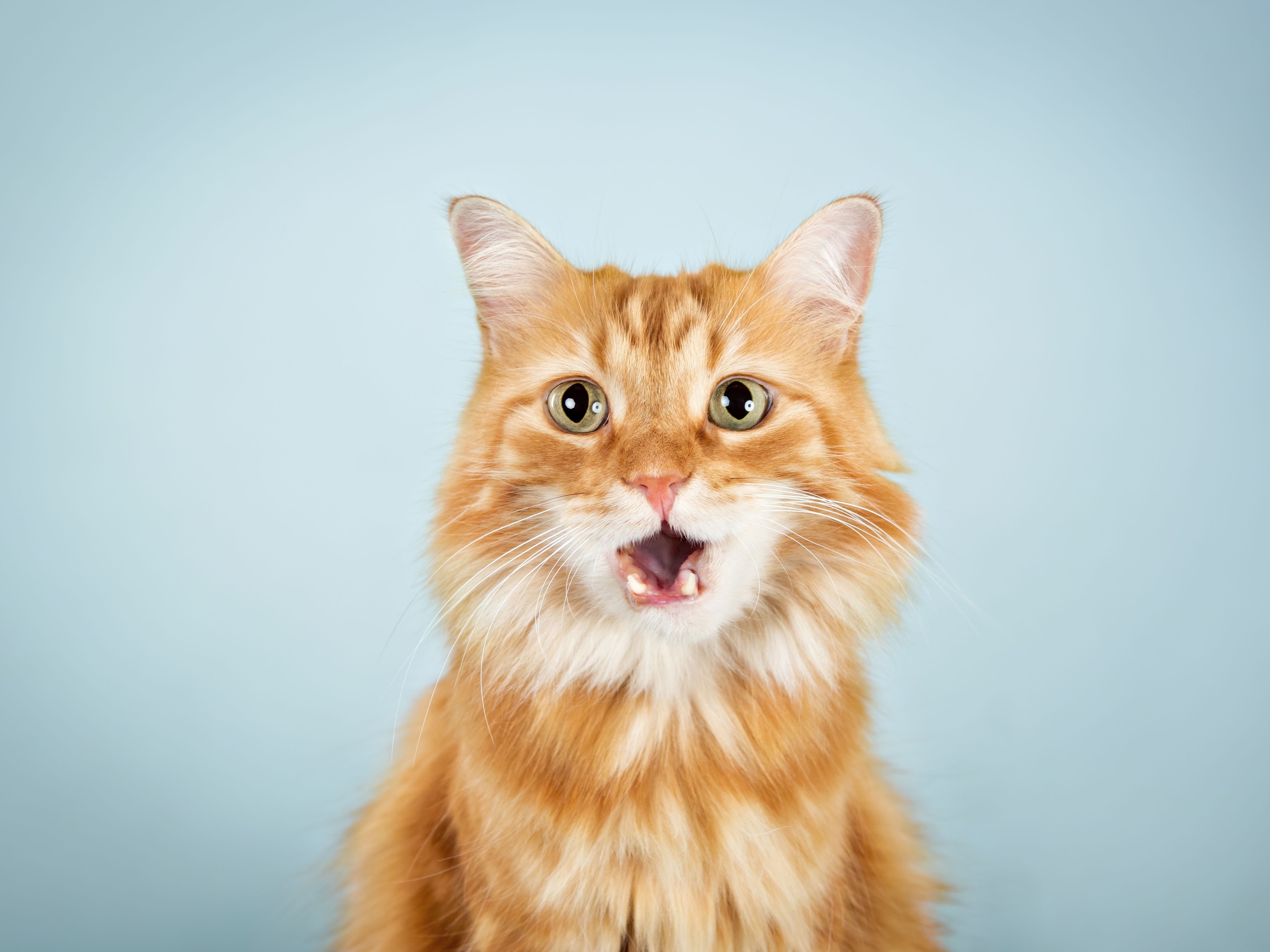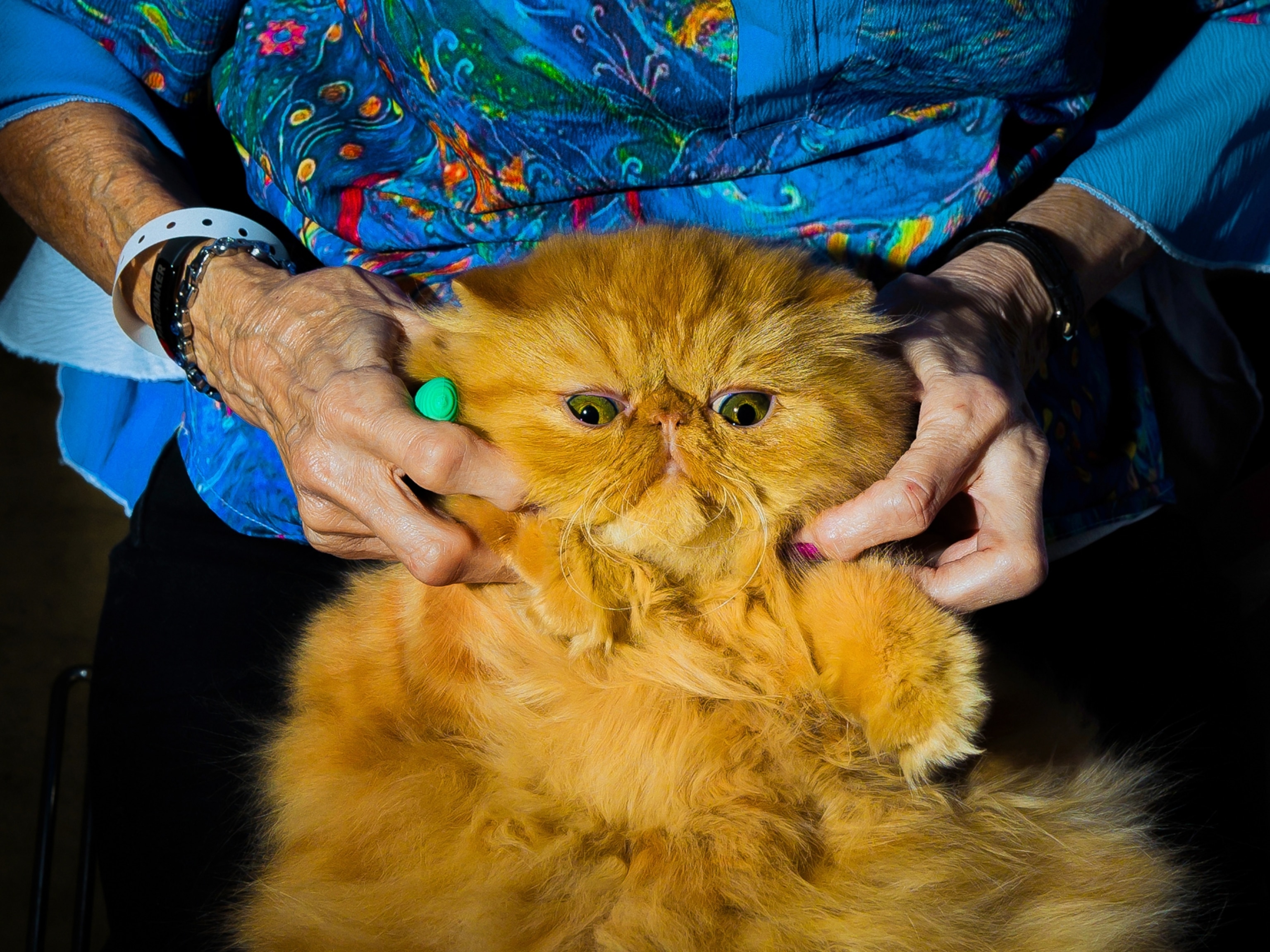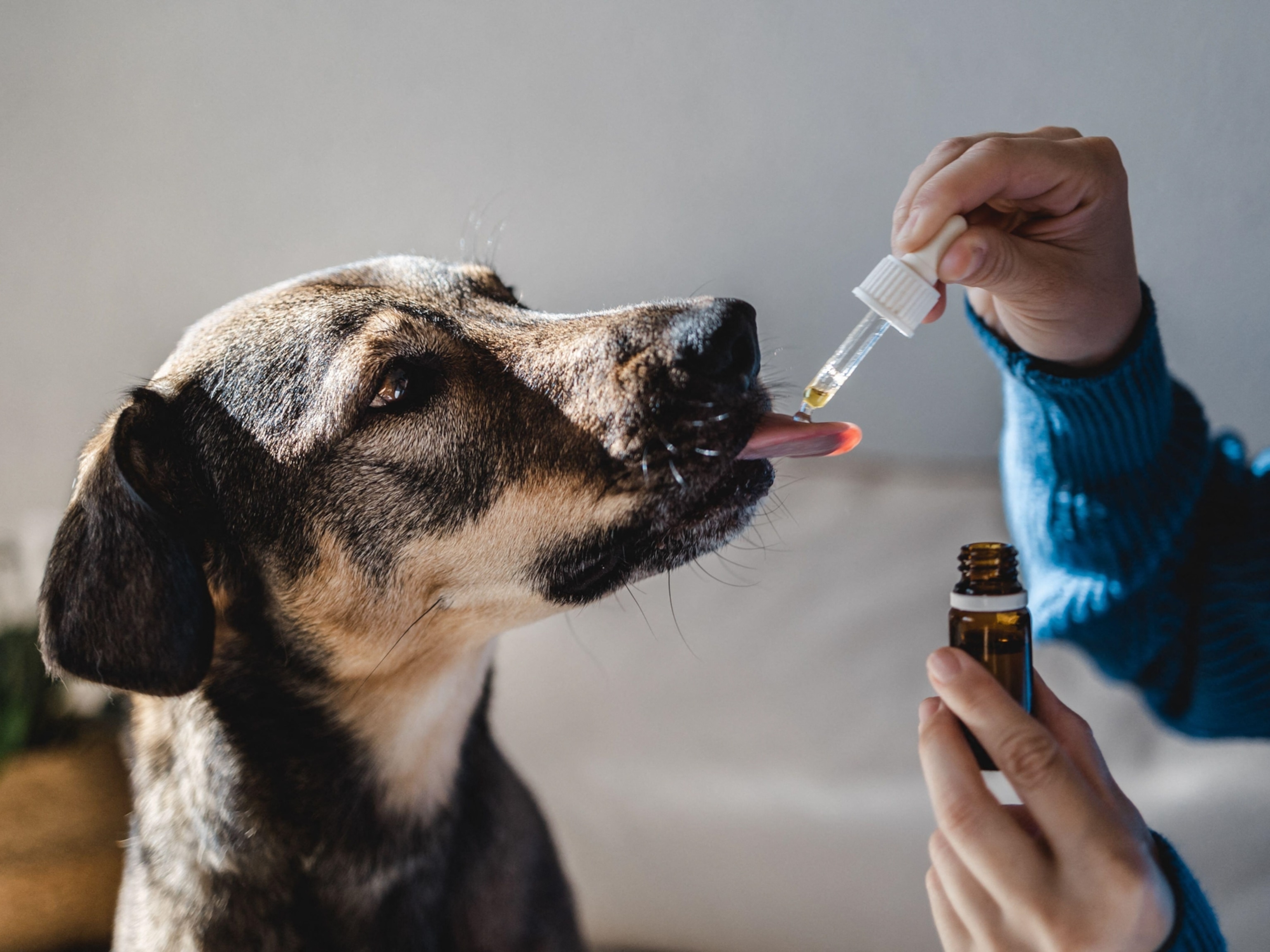
Writer's Call to Kill Feral Cats Sparks Outcry
Newspaper op-ed suggests euthanizing free-roaming cats.
A writer's call to euthanize feral domestic cats has caused new fur to fly in the ongoing debate over how to handle free-roaming felines.
In a March 14 opinion piece in the Orlando Sentinel, Ted Williams, then editor-at-large for Audubon Magazine, advocated for trapping and euthanizing feral cats due to their rampant hunting of birds and their reputation for carrying diseases like toxoplasmosis.
The magazine, published by one of the nation's leading bird groups, has since suspended its contract with Williams and removed him as editor-at-large from its masthead.
Over 80 million pet cats reside in U.S. homes and as many as 80 million more free-roaming cats survive outside. (Watch a video about the secret lives of cats.)
A study published earlier this year in Nature Communications estimated that cats kill up to 3.7 billion birds and between 6.9 billion to 20.7 billion mammals in the continental U.S. each year.
Tylenol Poisoning Controversial
In a portion of the Sentinel article that has since been removed, Williams said that use of the pain reliever Tylenol as a poison to euthanize feral cats has been prevented by feral-cat advocates. Tylenol is especially toxic to cats, according to the website PetMD.
According to a version of the op-ed posted on the Best Friends blog, run by the Best Friends Animal Society, Williams had originally written: "There are two effective, humane alternatives to the cat hell of TNR"—which stands for trap-neuter-return, a method of feral cat control promoted by feral cat advocates.
"One is Tylenol," Williams continued, according to the blog, " ... a completely selective feral-cat poison. The other is trap and euthanize."
The Tylenol reference sparked wide condemnation from animal-rights groups, including Alley Cat Allies, which bills itself as "cats' leading advocate." The organization pushes for humane methods of caring for feral cats, including trap-neuter-return, in which cats are trapped, neutered, and then returned to the wild so they can't reproduce.
Alley Cat Allies asked its supporters online to urge Audubon to dismiss Williams as editor-at-large.
The cat group said on its website that poisoning "isn't just cruel and irresponsible, but also illegal"—similar to language Williams had used to describe the practice of TNR. (Watch a video from the perspective of a house cat.)
Poisoning cats would violate anti-cruelty laws in all 50 states, Alley Cat Allies president and co-founder Becky Robinson told National Geographic. "Whatever someone's belief, the answer is never cruelty," she said.
But posting in the comments section of his Sentinel story, someone identifying as Williams said: "If Alley Cat Allies bothered to read, they would note that I did not 'call on the public to kill millions of cats by poisoning them with Tylenol' as they claim in their screed.
"I merely reported the easily verified fact that 'the TNR lobby has blocked its [Tylenol's] registration' as a feral-cat poison," continued the commenter, who decried what he called "the fiction spun by the feral-cat mafia."
But on March 16, Audubon magazine suspended its contract with Williams and removed him as editor-at-large from the masthead pending further review, the Audubon Society said in a Facebook statement.
"Ted Williams is a freelance writer who published a personal opinion piece in the Orlando Sentinel. We regret any misimpression that Mr. Williams was speaking for us in any way: He wasn't," the statement said.
Searching for Feral-Cat Solutions
Even so, Audubon said that it does "fully understand the gravity of the issue of the threats cats present to birds. Cats—particularly feral cats—are a leading cause of bird deaths."
To David Ringer, director of media relations for the Audubon Society, the dust-up shows "that we all need to work together on effective strategies that will address the very serious harm cats inflict on birds and other wildlife and that are also truly humane toward cats," he told National Geographic by email.
"Cats do a great deal of damage to birds and other wildlife, and it needs to be addressed, but Audubon absolutely rejects the idea of individuals harming or poisoning cats."
Instead, the Audubon Society has long urged pet owners to "keep their cats indoors for the safety of both their pets and birds," according to the Facebook statement. The organization also supports the American Bird Conservancy's Cat Indoors campaign. (See Audubon Society's tips on reducing threats from cats.)
According the to American Humane Society, outdoor cats live an average of 3 years while indoor cats typically reach an average age of 15 years.
But Robinson pointed out that promoting indoor cats "doesn't address the cats whose home is [already] the outdoors." And she said that her group's trap-neuter-release model has succeeded in eliminating some feral cat colonies.
"We're a nation of animal lovers," she said.
Tell us: How do you think feral cats should be handled?




